Almost an year after the ceasefire halted hostilities between Israel and Lebanon, the killing of Hezbollah’s chief of staff Haytham Ali Tabatabai in Israeli strike on Sunday has resumed tensions in the area.
Tabatabai’s death — confirmed by Hezbollah and announced by the Israeli military — marks the most consequential assassination of a senior Hezbollah figure since fighting ended.
The targeted strike hit a residential apartment block in the densely populated southern suburbs of Beirut, an area under Hezbollah’s influence that had not been struck by Israel since mid-2025.
Casualty figures from Lebanese authorities report five people dead and more than two dozen wounded.
With the removal of a commander considered central to the group’s post-war rebuilding, regional observers and political actors are now assessing what this means for Hezbollah’s military capacity.
How the killing is testing the ceasefire
Tabatabai’s killing has occurred after a year-long ceasefire that brought to an end more than twelve months of persistent hostilities and warfare that began on October 8, 2023.
During that conflict, Hezbollah opened fire on Israel the day after Hamas’ October 7 assault, prompting Israeli air raids and later a ground incursion into Lebanese territory.
That war left over 4,000 dead in Lebanon — including a significant number of civilians — and caused an estimated US$11 billion in damage, according to assessments from the World Bank.
Casualties in Israel numbered 127, among them 80 soldiers.
In the months following the ceasefire, Israel continued to carry out airstrikes across southern Lebanon, claiming to be targeting Hezbollah members, weapons sites, or, in some cases, Palestinians with links to Hamas.
Lebanon has repeatedly rejected these assertions, insisting that it is committed to the terms of the agreement and arguing that its armed forces, though financially strained, have been deployed to the south as required.
Against that backdrop, the Sunday strike represented a significant escalation. It directly targeted Hezbollah’s highest-ranking military figure — a level of leadership Israel had not struck after the truce had been reached.
The Israeli military justified the operation by asserting that Tabatabai had played a major role in the group’s efforts to rearm.
Israeli Defence Minister Israel Katz stated Israel’s intention to prevent threats before they materialise, saying, “We will continue to act forcefully to prevent any threat to the residents of the north and the state of Israel.”
Hezbollah acknowledged the loss of its chief of staff, praising him as “the great jihadist commander” who had “worked to confront the Israeli enemy until the last moment of his blessed life.”
The organisation confirmed that his death took place in Beirut’s Haret Hreik neighbourhood and vowed to determine its next steps.
The targeted building’s fourth floor was heavily damaged, with smoke visible from surrounding roads and gunshots fired to control crowds as rescuers arrived.
Mahmoud Qamati, deputy chair of Hezbollah’s political council, warned of potential repercussions, stating, “Hezbollah’s leadership is studying the matter of response and will take the appropriate decision. The strike on the southern suburbs today opens the door to an escalation of assaults all over Lebanon.”
What we know about Haytham Ali Tabatabai
Born in 1968 in Lebanon to an Iranian father and Lebanese mother, Haytham Ali Tabatabai held Lebanese citizenship and was part of the group’s “second generation,” according to a senior Lebanese security source, who spoke to Reuters.
Although not among the founding members, he became part of the cohort that shaped Hezbollah’s regional engagements in later years.
The Israeli military states that Tabatabai joined the organisation in the 1980s and eventually held several senior roles.
A Lebanese security official explained that he deployed with the group’s fighters to support allied factions in Syria and Yemen, and internal Hezbollah sources have said he oversaw the “Yemen file” before becoming chief of staff.
A source close to the organisation told AFP that Tabatabai worked abroad until Israel killed senior Hezbollah commander Fuad Shukr in July 2025, after which he returned to Lebanon.
Tabatabai’s military career shows an expansion of responsibilities as the organisation lost older leaders during the 2023-24 conflict. Israel’s operations through 2024 targeted Hezbollah’s elite Radwan Unit and much of its upper command.
Key figures such as Ibrahim Aqil, who led the Radwan force, and Ali Karake, the group’s number-three military commander, were among those killed.
Longtime leader Hassan Nasrallah was also assassinated in that war, leaving Hezbollah without the individuals who had dominated its military structure for decades.
As these senior figures were eliminated, Tabatabai ascended through the ranks. During the war, he headed Hezbollah’s operations division, managing battlefield activities as other commanders were removed one by one.
Once the truce took hold, he was elevated to chief of staff, where he focused on restoring operational readiness. Israel notes that he “worked extensively to restore their readiness for war with Israel.”
Research institutions in Israel, including the Alma Center, have documented that Tabatabai survived several previous Israeli attempts on his life in both Lebanon and Syria.
But Tabatabai’s portfolio also extended beyond Lebanon’s borders, illustrating Hezbollah’s embeddedness in a wider network of Iran-backed armed groups across the region.
The United States designated him a terrorist in 2016, identifying him as a commander who oversaw Hezbollah’s special forces activities in Syria and Yemen and offering a US$5 million reward for information on his whereabouts.
The US government was offering up to $5 million for information on arch-terrorist, Hezbollah chief of staff Haytham Ali Tabatabai.
— Michael Dickson (@michaeldickson) November 23, 2025
The IDF just took him out in a targeted strike in Beirut. The terror kingpin had been working on rearming Hezbollah for further attacks. pic.twitter.com/APFEtYJJQq
The US Treasury described him as a prominent military leader “also known as Abu Ali Tabatabai” who directed forces participating in conflicts abroad.
Hezbollah’s support for Yemen’s Houthi movement has been highlighted in multiple international assessments.
In November 2024, the United Nations identified Hezbollah as one of the Houthis’ most significant external supporters, stating that fighters were being trained outside Yemen — sometimes in Iran and sometimes at training sites in Lebanon run by Hezbollah.
This framework, long referred to by analysts as the “axis of resistance,” has shaped Israel’s strategic calculus in the region, placing figures like Tabatabai at the centre of its targeting priorities.
Within Syria, Tabatabai had oversight roles during the years when Hezbollah’s armed wing supported government forces under Bashar al-Assad.
Lebanese sources note that he operated extensively in that theatre, where Hezbollah’s involvement helped shift balances during the civil war.
How Beirut reacted after the Israeli strike
The November 23 operation unfolded without prior evacuation warnings, with the attack landing on an apartment building in a crowded neighbourhood.
The Lebanese Health Ministry reported 25 to 28 injured individuals in addition to the five casualties. Residents described sudden shock and panic as emergency responders attempted to reach the damaged floors.
Hezbollah parliamentarian Ali Ammar, speaking from the site, insisted the area contained no military positions, stating, “This is definitely a civilian area and void of any military presence.”
Local resident Maryam Assaf echoed the group’s defiance, telling AP, “They want to take our weapons. But our weapons will not be taken.”
Lebanese President Joseph Aoun condemned the strike, accusing Israel of failing to uphold obligations tied to the ceasefire and urging the international community to act with “strength and seriousness to stop the attacks on Lebanon and its people.”
He has said in recent days that Lebanon is prepared to open negotiations with Israel to bring an end to the ongoing airstrikes and to push for the withdrawal of Israeli forces from five positions they continue to occupy inside Lebanese territory.
Aoun has also declared that Lebanon is committed to disarming all non-state militias, including Hezbollah, though implementation remains uncertain given the group’s political and military dominance.
The assassination also occurred shortly before a planned visit by Pope Leo XIV, who is scheduled to travel to Lebanon on his first foreign trip. The timing has increased concerns about security arrangements and the potential for further violence.
In a separate incident, on November 18, an Israeli strike in the Ain al-Hilweh Palestinian refugee camp near Sidon killed 13 people and injured several more.
What next for Hezbollah
Hezbollah entered the post-war period substantially diminished. Israeli air and ground operations during the 2023-24 war eliminated much of the organisation’s upper command, including figures who had shaped its strategy for decades.
With leaders like Nasrallah, Aqil, Shukr, and Karake gone, the group has had to rebuild both its political leadership and its military hierarchy.
Tabatabai’s rise and subsequent elimination highlight how rapidly the group has had to replace senior personnel.
Lebanese security sources and Israeli assessments agree that he was promoted swiftly following the deaths of more prominent commanders. He was even seen as a successor to Ibrahim Aqil before Aqil himself was killed in 2024.
Despite these losses, Hezbollah has refrained from major attacks on Israel since the ceasefire took effect.
Aside from two rockets fired in December 2024 that landed in open terrain — which the group called a “warning” — its involvement along the border has remained limited.
However, the internal impact of ongoing Israeli strikes, including the Sidon attack and the assassination of Tabatabai, has raised questions about how long the group may choose to maintain restraint.
Also Watch:
With inputs from agencies


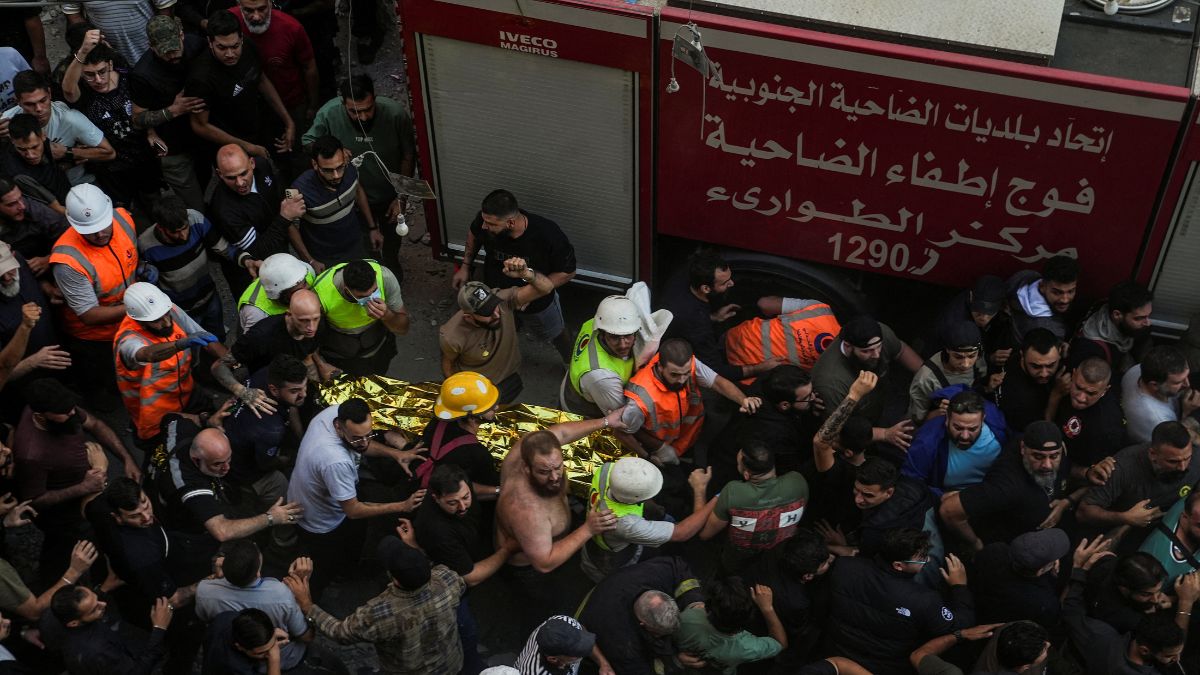)

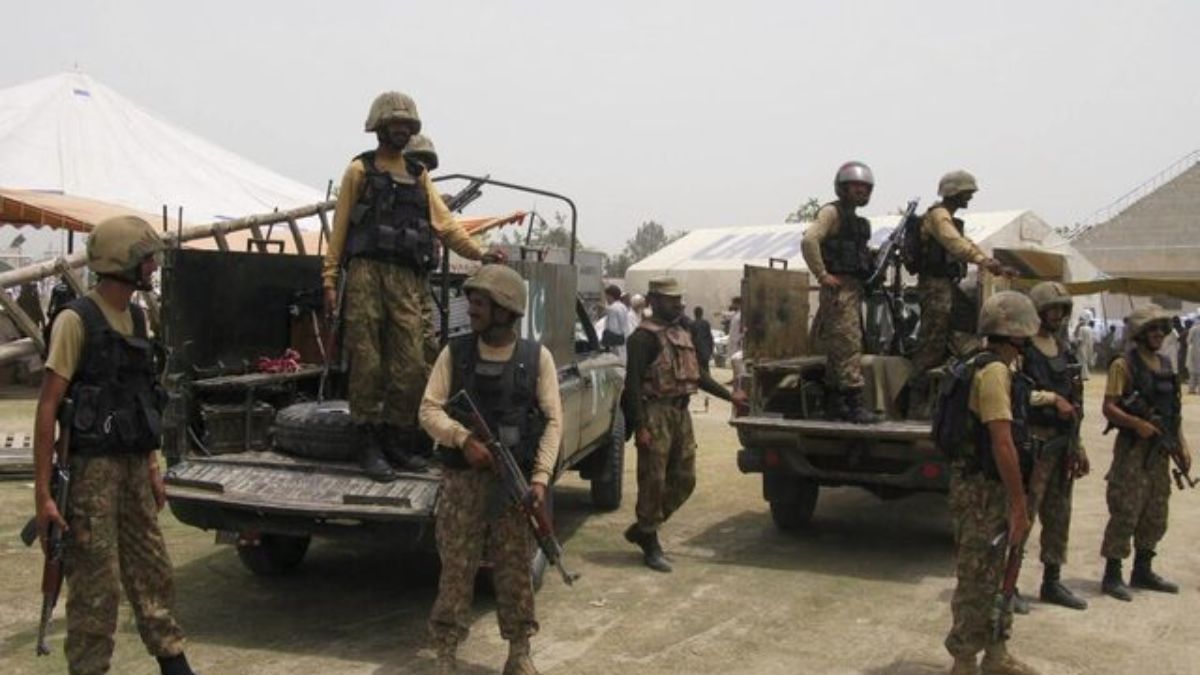)
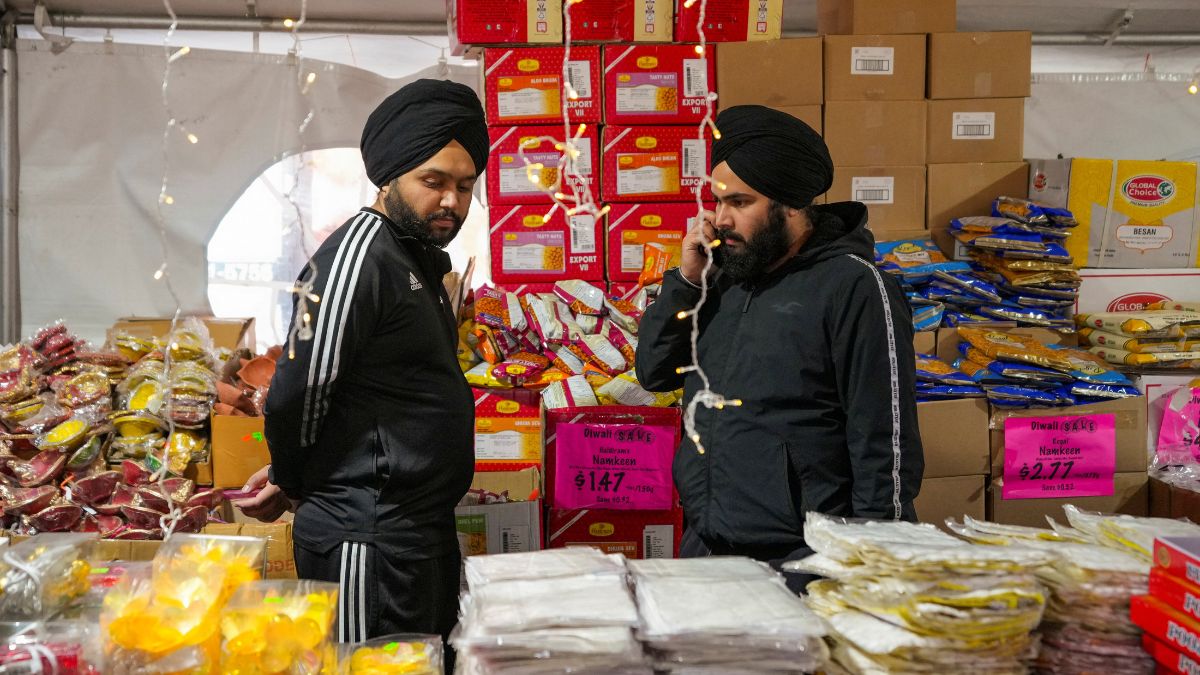)
)
)
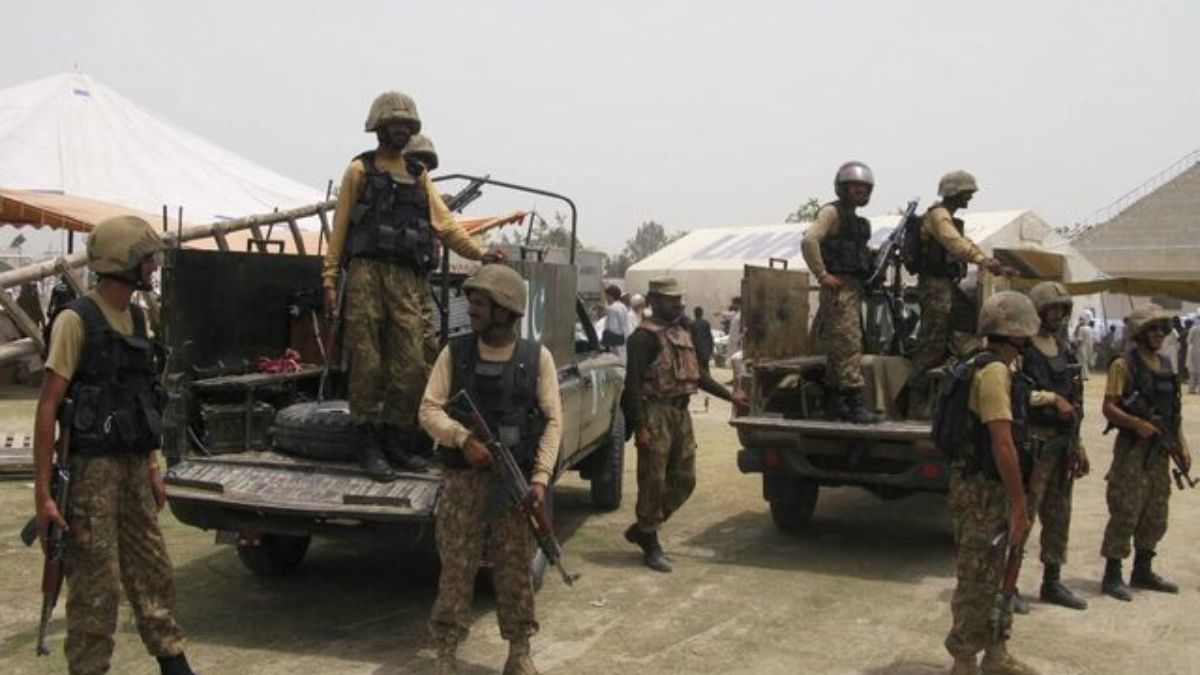)
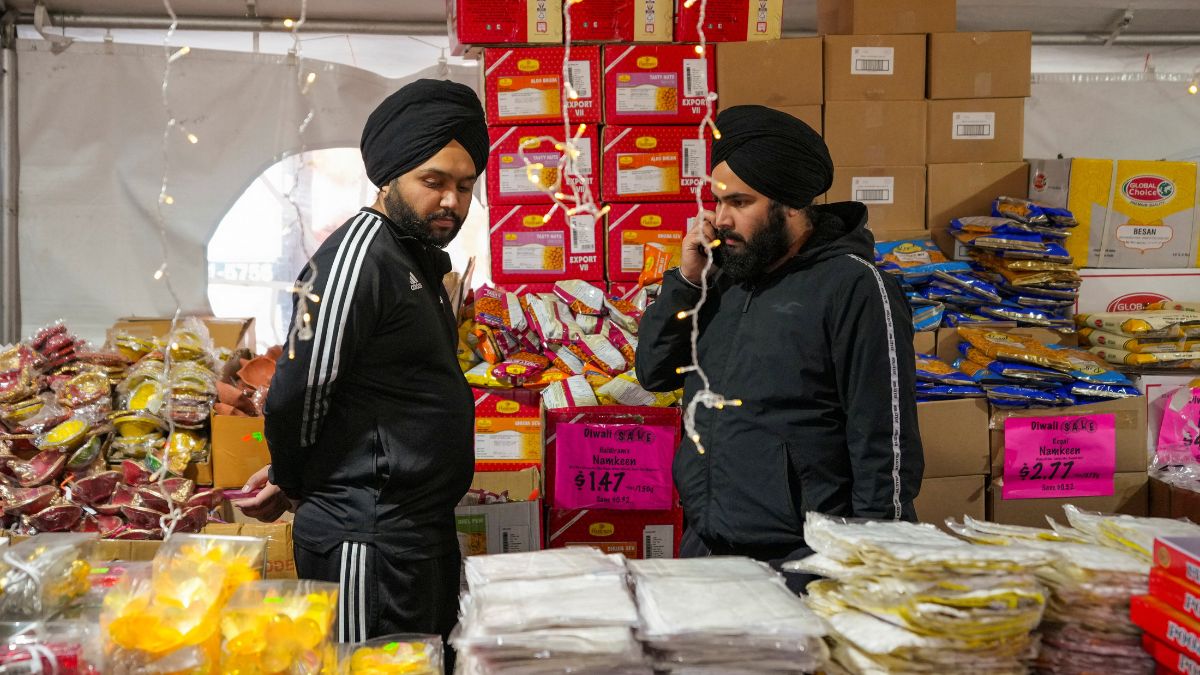)
)
)



